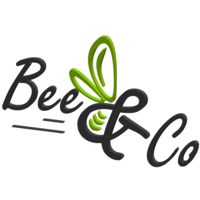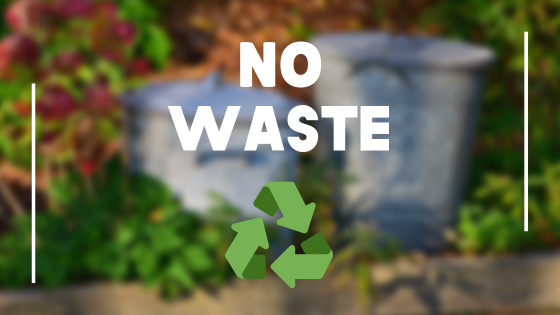Constituting one third of our waste, bio-waste comes mainly from our food scraps, kitchen waste, but also from our green waste. Often incinerated or thrown away with the household waste, this last one can however be reused. In order for it to have the possibility of being recovered, it is important to sort it and then recycle it.
How to recycle your biowaste?
In order to contribute to the circular economy, sorting and recovering your waste are essential actions. Indeed, separating your waste at the source allows you to transform it into renewable energy or quality compost. And this, thanks to methanization.
Moreover, avoiding the incineration of this waste, and therefore its transport over long distances, will limit greenhouse gas emissions and reduce energy waste.
Here are 3 ways to recycle your biowaste :
They have launched into the recovery of bio-waste
The restaurant sector being one of the most important sectors of bio-waste production, it is therefore essential to recycle it. In addition, since 2016, the law makes it mandatory for producers of biowaste of more than 10 tons per year, to set up a sorting and recovery of their organic waste.
In light of this, a good number of startups are launching themselves in the collection and recycling of food waste and the ecosystem is constantly evolving. Love Your Waste, Moulinot or Bee&Co are among them.

The startup Love your waste offers a service to transform bio-waste into energy. It is mainly aimed at collective catering organizations.
The collected biowaste is transported to methanizers in the Ile-de-France region. The waste is then transformed into town gas and organic fertilizer for farmers in the region.
The project is therefore part of a circular economy scheme. Indeed, waste, used as a resource, becomes a wealth producing energy.

Startup turned SME, Moulinot collects and recovers food waste to transform it into compost, vermicompost and energy.
A collection is then made to gather the waste. In the same way, the waste is valorized in the form of energy, compost or vermicompost, corresponding to the digestion of organic waste by worms.
The two startups also offer advice and training to introduce good waste sorting practices to the staff. In addition to practicing the recovery of bio-waste, they work to fight against food waste by raising awareness of the harmful effects that it causes

Finally, developed by the company Bee&Co, the BioBeeBox is a self-contained solution for managing biowaste in communities.
The recovery of biowaste is mainly done on a large scale and requires an adapted logistics. Bee&Co offers a solution of micro-methanization of bio-waste. Placed as close as possible to the waste producers, the BioBeeBox is presented in the form of a container. The organic waste is thus valorized on the spot by producing biogas and compost, in a completely autonomous way.






